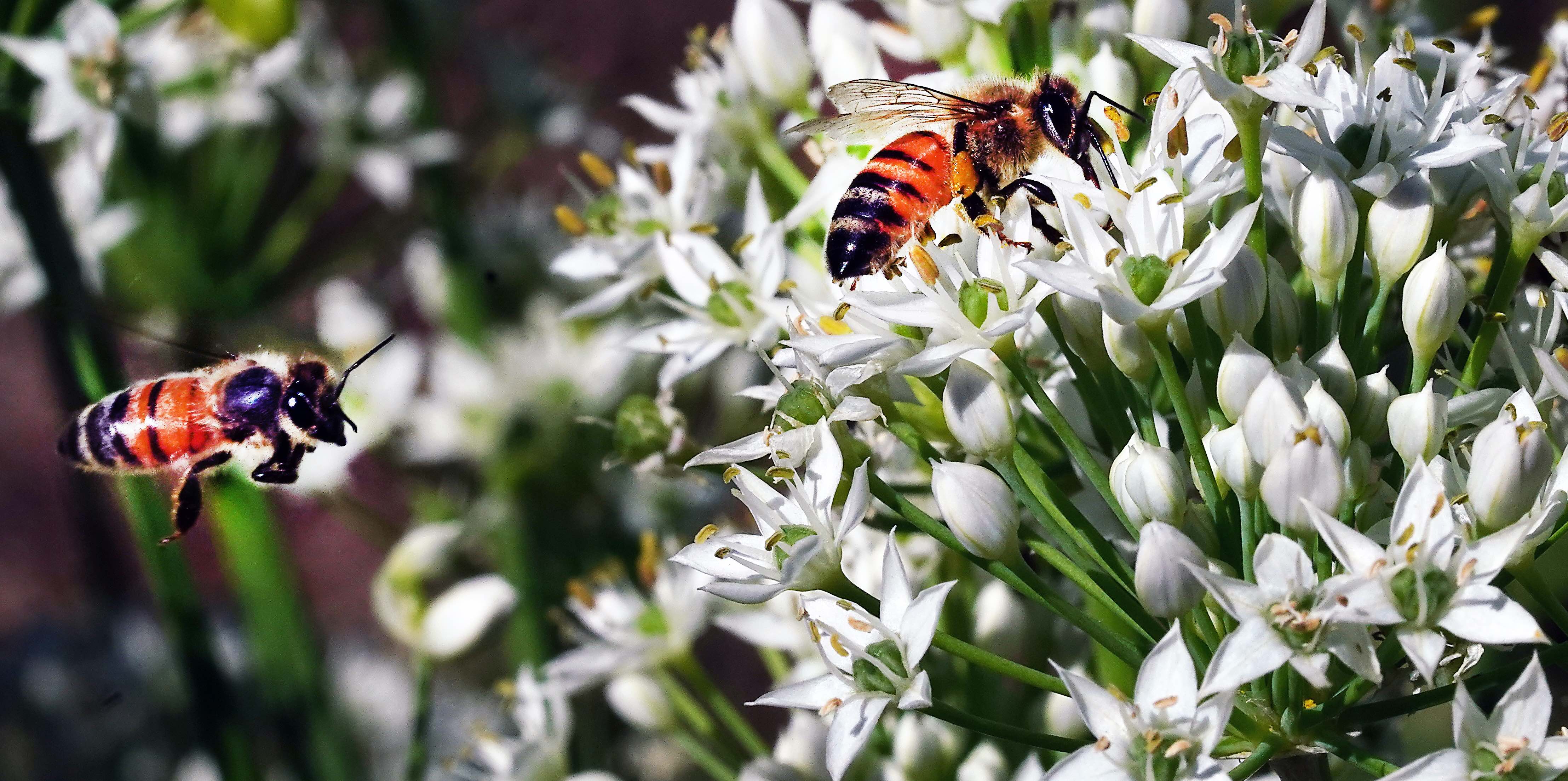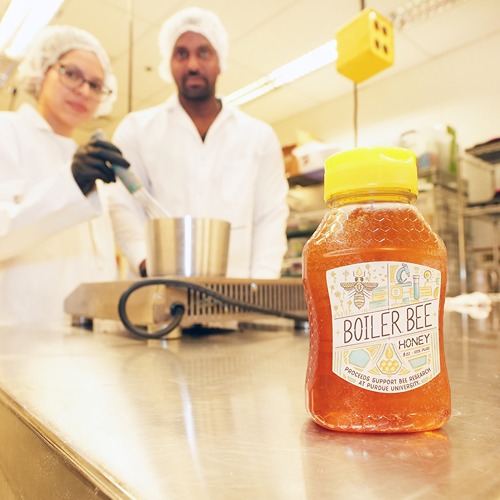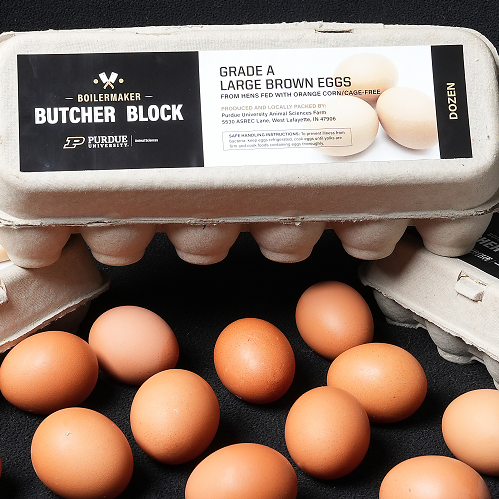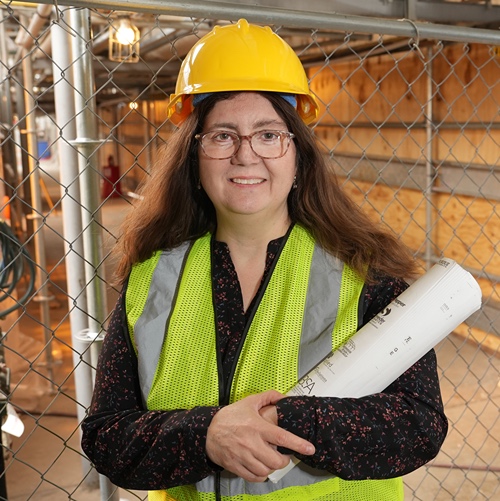If bees ever ceased to exist, humans would be in deep trouble, says entomology professor and Purdue Extension fellow Cliff Sadof.
“If they were no more bees, we would be hard pressed to find a lot of the foods that we're used to eating. A lot of the food we supplement our livestock with in order to get meat, cheese and even feed for chickens, rely on pollinators,” Sadof said. “Feedstock prices would dramatically increase due to the difficulty in growing them, making food prices then dramatically increase. Food would become rather scarce, and people would starve.”
Bees and pollinators are key players in plant fertilization, and without a pollinator transporting pollen from a male plant to a female plant, the fruits of these plants are unable to grow, Sadof said.
The biggest current threat to bee populations is a loss of habitat. Creating a more friendly world for bees to exist in is important for all land and property owners to consider when landscaping, Sadoff said.
“Planting flowers and natives for bees to pollinate is important, but something a lot of people don’t realize is that some important bee pollinators need bare ground to nest,” Sadoff said. “You shouldn't mulch your entire yard. You might want to leave some area of bare soil and so it can be used as a habitat for bees.”
Even after harvest time has come and gone, gardeners can still create a winter environment for the next spring season for bee species.
“When you’re cleaning up your garden, leaving a few stems sticking up over the winter into spring creates a habitat for carpenter bees, who will drill inside the stems and leave their young in there, and after a year they will come out and start their own pollinator lives,” Sadof said. “There are lots of different kinds of bees that feed in old logs and things, so often times having your yard neat and tidy can be discouraging to bees.”
 Bees land on flowers to collect pollen.
Bees land on flowers to collect pollen. Many of the insecticides used to kill insects that feed on plants will also kill bees. Sadof says you can avoid killing bees by only spraying insecticides when there are enough insects to threaten the appearance of your flowers or the quality of your fruit and vegetables. Many plants can tolerate a few nibbles on a leaf, fruit or flower while still providing a decent yield of vegetables or flowers.
Some vegetables, like those in the cabbage family, usually require protection from caterpillars to produce an edible crop, Sadoff said. In those cases, you can protect your plants and spare the bees, by choosing products with active ingredients like bacillus thuringiensis, that kills caterpillars and not bees.
At the very least, do not spray insecticides on flowers in the daytime when bees are visiting them, Sadof advises. Some plants, like squash and pumpkin, can be sprayed in the evening because they keep their flowers closed at night. If you are applying insecticide on weedy turf, be sure to apply it late in the day, immediately after mowing off the flower tops.
Bees can be intimidating but if you aren’t a source of pollen, bees will eventually move away.
“Don’t try to kill every bee you see that comes around you,” Sadoff said. “They are usually too busy collecting pollen and nectar to bother you, so if you spot a bee, don’t panic.”





